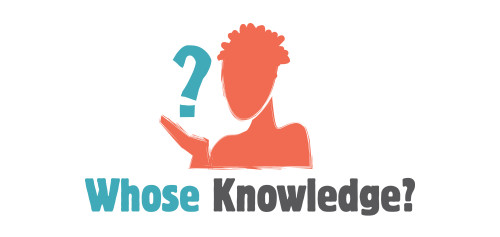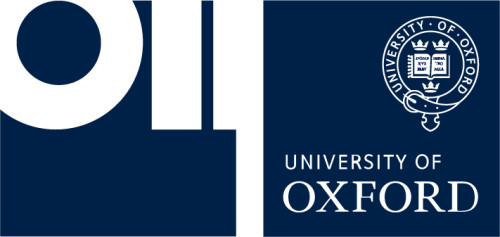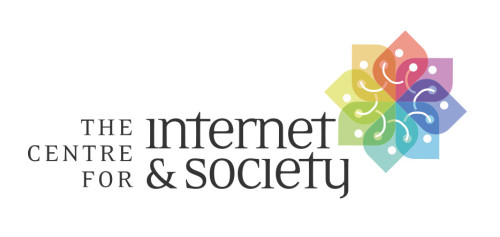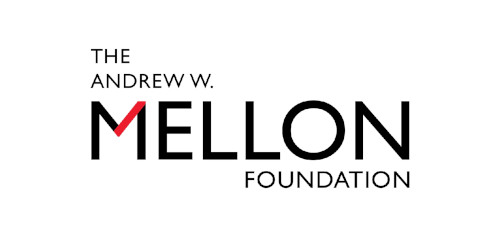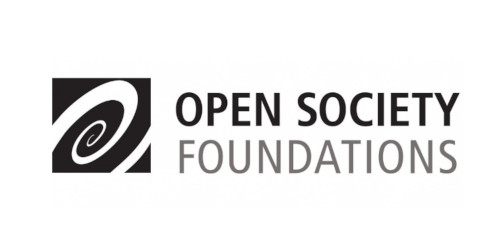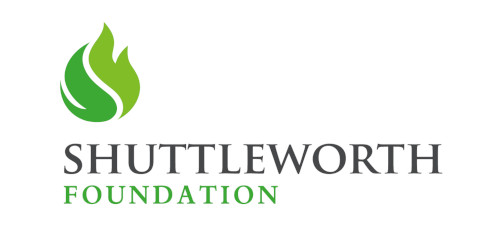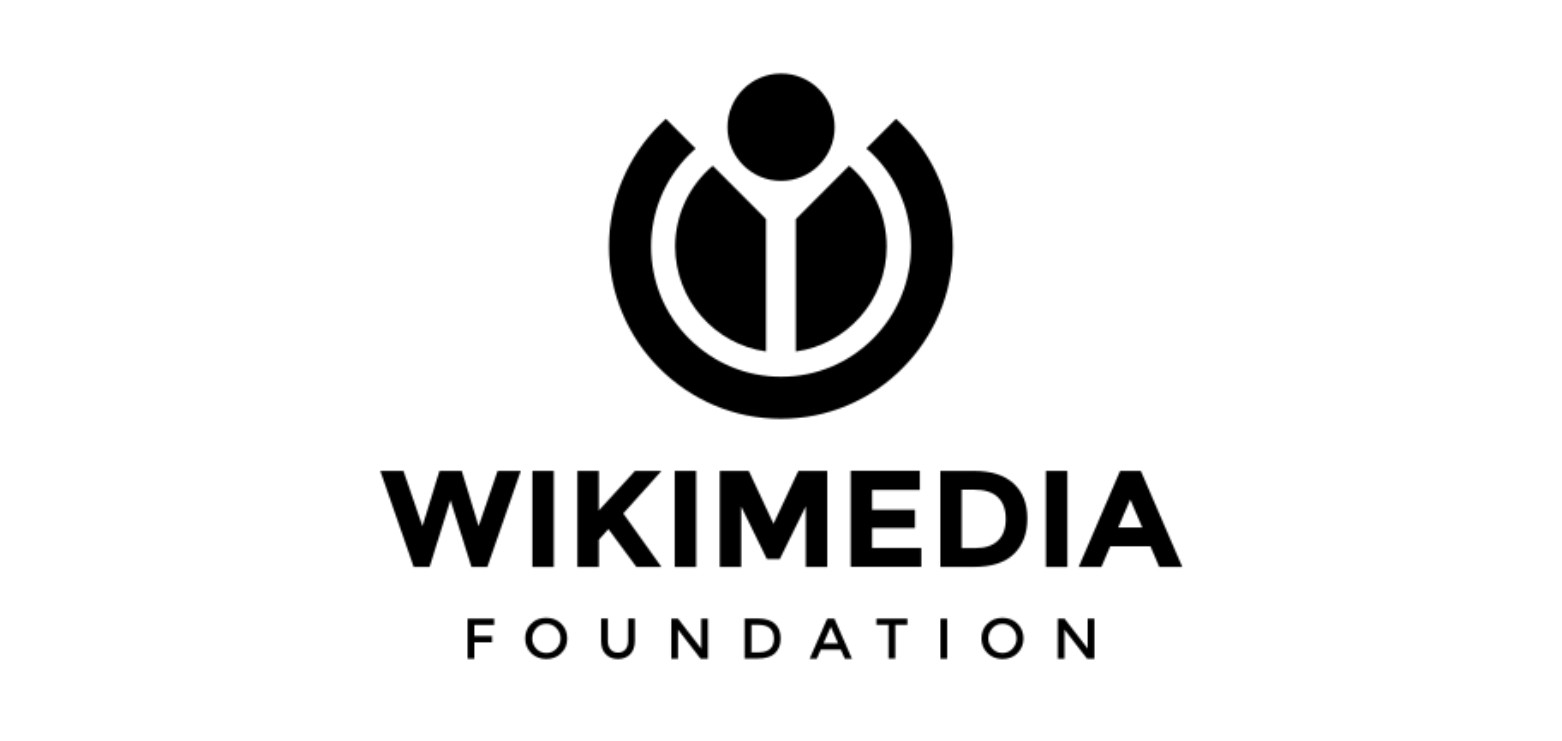An initiative by
Supported by
Report authors
Stories
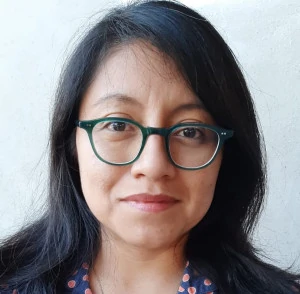
Ana D. Alonso Ortiz
Image by Sandy Francisco Ortiz | CC BY-SA 4.0 | via Wikimedia Commons
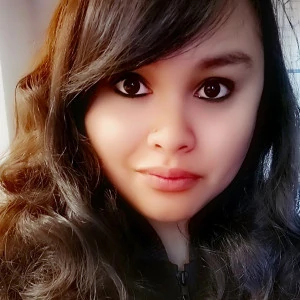
Ashley Caranto
Image by Ashley Caranto Morford | CC BY-SA 4.0 | via Wikimedia Commons
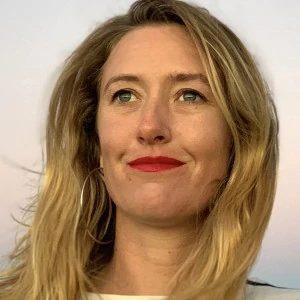
Caddie Brain
Image by Bwaandaan | CC BY-SA 4.0 | via Wikimedia Commons
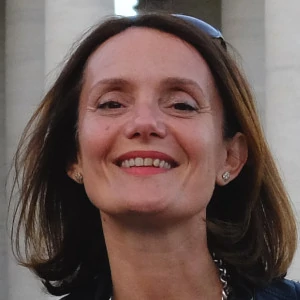
Claudia Soria
Image by Claudia Soria | CC BY-SA 4.0 | via Wikimedia Commons
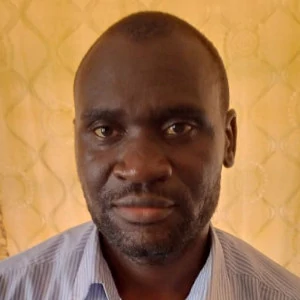
Donald Flywell Malanga
Image by Donald Flywell Malanga | CC BY-SA | via Flickr
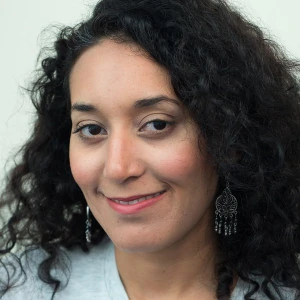
Emna Mizouni
Image by Aida Kadrispahic | CC BY-SA 4.0 | via Wikimedia Commons
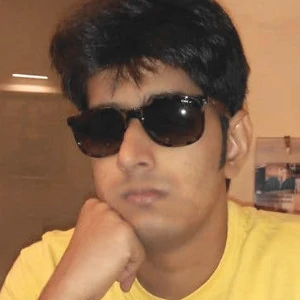
Ishan Chakraborty
Image by Ishan Chakraborty | CC BY-SA | via Flickr
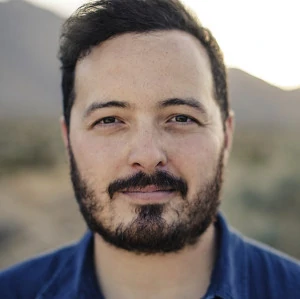
Jeffrey Ansloos
Image by Jeffrey.ansloos | CC BY-SA 4.0 | via Wikimedia Commons
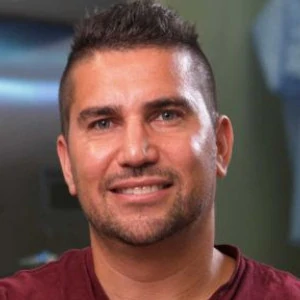
Joel Liddle Perrurle
Image by Joel Liddle | CC BY-SA | via Flickr
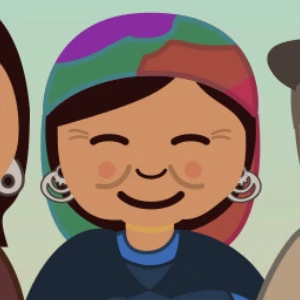
Kimeltuwe Project
Image by Kimeltuwe | via kmm.cl
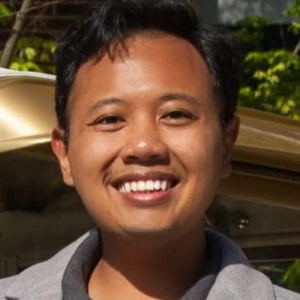
Paska Darmawan
Image by Pzka | CC BY-SA 4.0 | via Wikimedia Commons
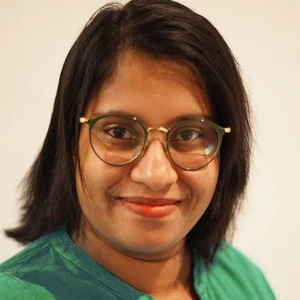
Uda Deshapriya
Image by UdaDeshapriya | CC BY-SA 4.0 | via Wikimedia Commons
Numbers
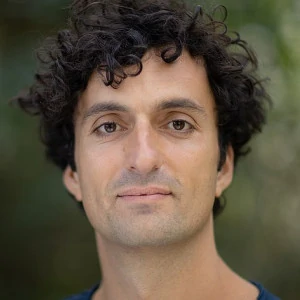
Mark Graham
Image by Markgraham | CC BY-SA 4.0 | via Wikimedia Commons
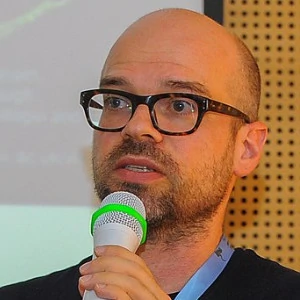
Martin Dittus
Image by Noureddine Akabli | CC BY-SA 4.0 | via Wikimedia Commons
Strategy and Summary
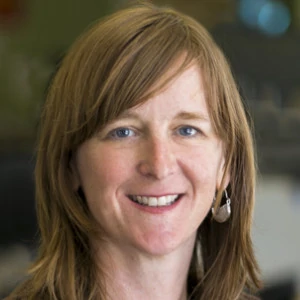
Abbey Ripstra
Image by Bwaandaan | CC BY-SA 4.0 | via Wikimedia Commons
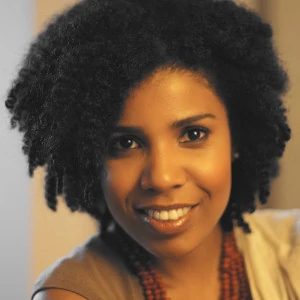
Adele Vrana
Image by Aadele | CC BY-SA 4.0 | via Wikimedia Commons
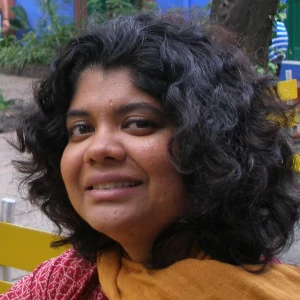
Anasuya Sengupta
Image by Anasuyas | CC BY-SA 4.0 | via Wikimedia Commons
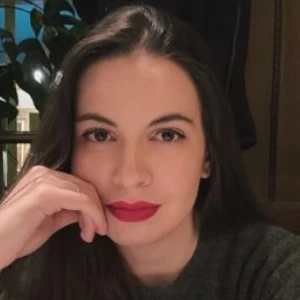
Ashima Bhardwaj
Image by Priscila Bellini | CC BY-SA 4.0 | via Wikimedia Commons
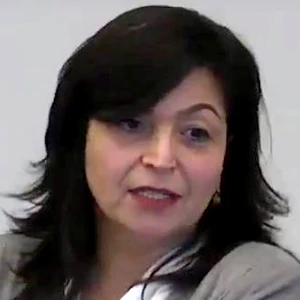
Mandana Seyfeddinipur
Image by SOAS University of London | CC BY 3.0 | via Wikimedia Commons

Priscila Bellini
Image by Priscila Bellini | CC BY-SA 4.0 | via Wikimedia Commons
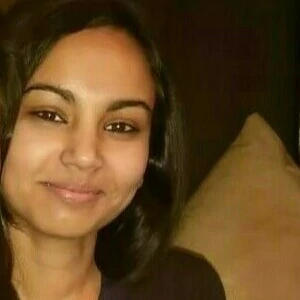
Puthiya Purayil Sneha
Image by Sppurayil | CC BY-SA 4.0 | via Wikimedia Commons
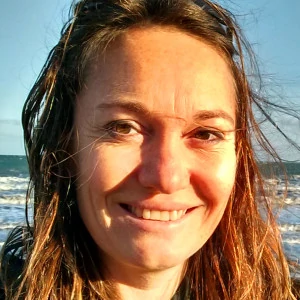
Siko Bouterse
Image by Seeeko | CC BY-SA 4.0 | via Wikimedia Commons

Sumandro Chattapadhyay
Image by Sumandr0 | CC BY-SA 4.0 | via Wikimedia Commons
Illustrations
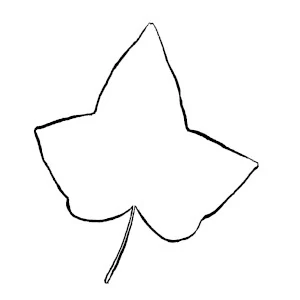
Maggie Haughey
Image by Waywardwyrd | CC BY-SA 4.0 | via Wikimedia Commons
Animation
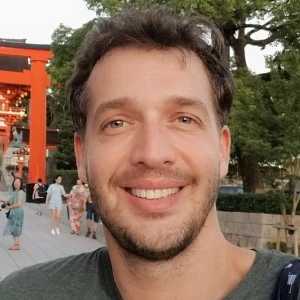
Cristiano De Souza
Image by Cristianopeso | CC BY-SA 4.0 | via Flickr
Web design & development
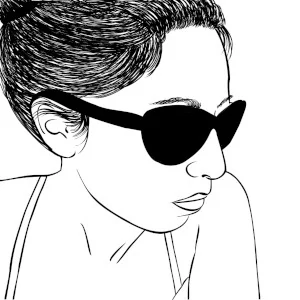
Claudia Pozo
Image by Tinaral | CC BY-SA 4.0 | via Wikimedia Commons
Translators

Aida Seif
Arabic Translator
Image by Aida Seif | CC BY-SA 4.0 | via Flickr

Cristiana Ferraz
Portuguese Translator
Image by Aadele | CC BY-SA 4.0 | via Wikimedia Commons

Grasia Asriningsih
Bahasa Translator
Image by Anasuyas | CC BY-SA 4.0 | via Wikimedia Commons

Julia Caratini
French Translator
Image by Sppurayil | CC BY-SA 4.0 | via Wikimedia Commons

Kez Mwangi
Swahili Translator
Image by Seeeko | CC BY-SA 4.0 | via Wikimedia Commons

Sara Escribano
Spanish Translator
Image by Sumandr0 | CC BY-SA 4.0 | via Wikimedia Commons

Soizic Pénicaud
French Translator
Image by Sumandr0 | CC BY-SA 4.0 | via Wikimedia Commons

Sourav Roy
Bangla Translator
Image by Sumandr0 | CC BY-SA 4.0 | via Wikimedia Commons
Reviewers
Aida Seif
Researcher
Cristiana Ferraz
Writer
Cristiana Ferraz
Writer
Aida Seif
Researcher
Cristiana Ferraz
Writer
Aida Seif
Researcher
Aida Seif
Researcher
Cristiana Ferraz
Writer
Aida Seif
Researcher
Cristiana Ferraz
Writer
